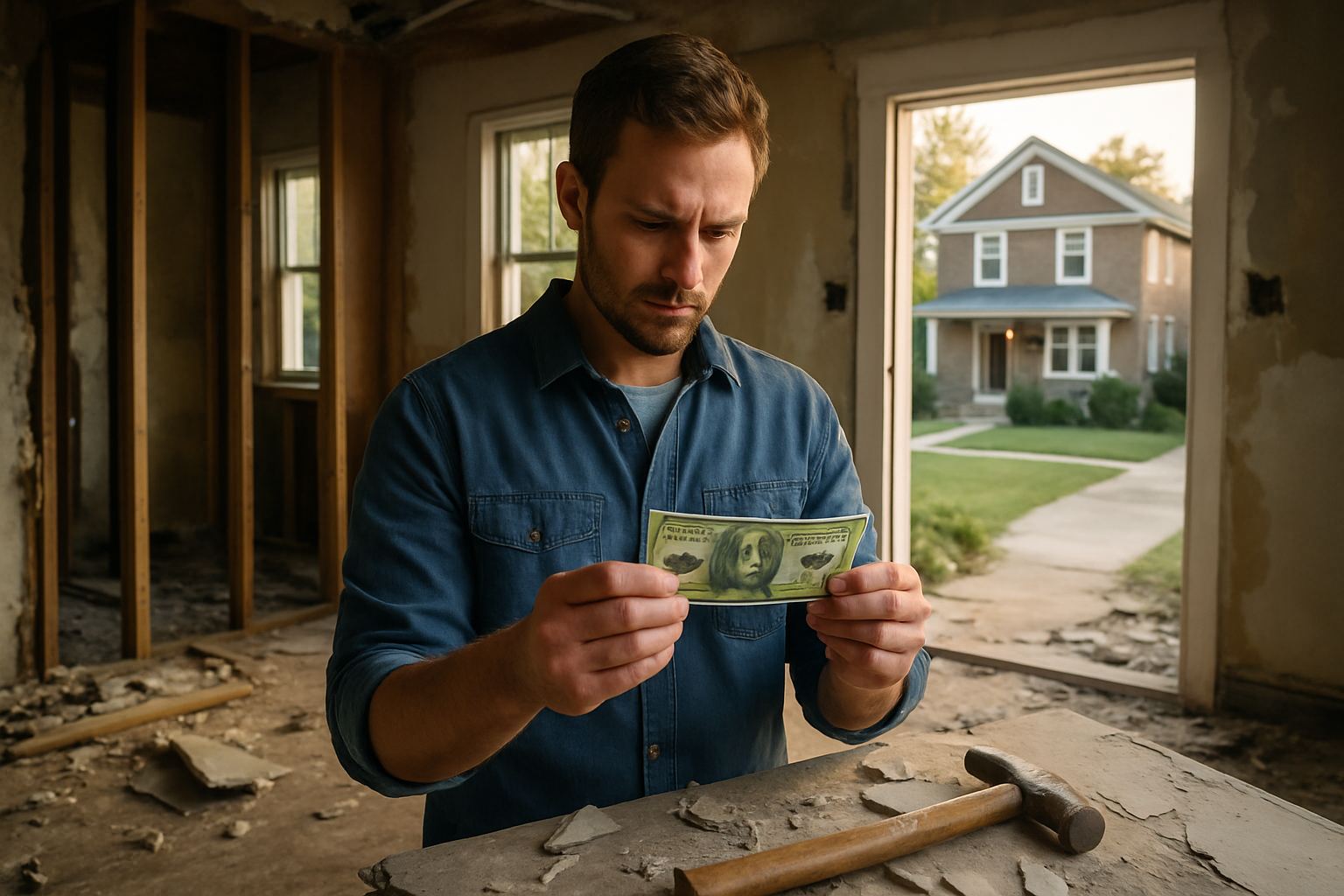Understanding Your Home Value: What It Is and How to Check It
Knowing the value of your home is crucial whether you're planning to sell, refinance, or simply curious about your property's worth in the current market. Home value refers to the estimated amount that a property would sell for under normal conditions at a specific point in time. This figure fluctuates based on numerous factors including market conditions, property improvements, neighborhood developments, and economic trends. Understanding how to accurately determine your home's value can help you make informed decisions about one of your most significant investments.

How to Check My House Price Online
The internet has revolutionized how homeowners can check their property values without leaving their homes. Multiple online resources provide automated valuation models (AVMs) that estimate your home’s worth based on algorithms and available data. To check your house price online, start by visiting real estate websites that offer free home value tools. These platforms typically require your address and basic property information to generate an estimate. While convenient, remember that online valuations vary in accuracy depending on the data available about your specific property and neighborhood. For more precise results, look for platforms that use recent comparable sales and have extensive data coverage in your area.
What Is My House Worth Right Now?
The current value of your home depends on numerous factors that change regularly. Market conditions play a significant role – whether it’s a buyer’s or seller’s market directly impacts property values. Local economic conditions, including employment rates and income levels in your area, also affect what buyers are willing to pay. Your home’s physical condition, including any recent improvements or needed repairs, will influence its worth. Additionally, location-specific factors like school district quality, proximity to amenities, and neighborhood development all contribute to your property’s current value. Real estate professionals often suggest getting multiple valuations to establish a realistic price range rather than fixating on a single number.
How Property Value Calculators by Address Work
Property value calculators use sophisticated algorithms to estimate home values based on available data points. When you enter your address, these tools access public records, recent sales data, tax assessments, and sometimes MLS listings to generate an estimate. The most advanced calculators factor in property characteristics such as square footage, number of bedrooms and bathrooms, lot size, and age of the home. They also analyze comparable properties (“comps”) that have recently sold in your neighborhood to establish market trends. Some calculators even incorporate neighborhood data like school ratings, crime statistics, and proximity to amenities to refine their estimates. The accuracy of these tools varies widely depending on data quality and the uniqueness of your property.
Factors That Significantly Impact Your Home’s Value
Several key elements can dramatically affect your property’s worth, sometimes in ways that online calculators may not fully capture. Location remains the most influential factor – properties in desirable neighborhoods with low crime rates and good schools command premium prices. Your home’s size, layout, and usable space significantly impact value, with functional floor plans being highly desirable. The property’s age and condition play major roles, though regular maintenance and strategic upgrades can offset depreciation. Market timing also matters – seasonal fluctuations and broader economic conditions can cause values to rise or fall regardless of your home’s features. Finally, unique characteristics like historical significance, architectural style, or special amenities can either enhance value or limit your buyer pool depending on market preferences.
Professional vs. Online Home Value Assessments
Both professional and online valuation methods have distinct advantages and limitations when determining your home’s worth. Professional appraisals, typically conducted by licensed appraisers, offer detailed, in-person evaluations that consider your property’s unique features and condition. These assessments are generally more accurate and carry more weight with lenders, but they cost several hundred dollars and represent a single point-in-time valuation. Real estate agents often provide comparative market analyses (CMAs) that leverage their local expertise, though these may be influenced by potential listing opportunities.
Online valuation tools provide instant, free estimates that are convenient for preliminary research. However, they vary significantly in accuracy depending on data availability and your home’s conformity to neighborhood standards. These automated tools may miss recent improvements, unique features, or specific condition issues that would be obvious during an in-person inspection.
Cost Considerations for Home Valuations
Understanding the costs associated with different valuation methods helps homeowners choose the right approach for their needs. Below is a comparison of common home valuation methods and their associated costs:
| Valuation Method | Provider | Cost Estimation |
|---|---|---|
| Professional Appraisal | Licensed Appraiser | $300-$600 |
| Comparative Market Analysis (CMA) | Real Estate Agent | Often free (marketing tool) |
| Online AVM Tools | Zillow, Redfin, Realtor.com | Free |
| Tax Assessment | Local Government | Free to access (part of property taxes) |
| Pre-listing Appraisal | Licensed Appraiser | $300-$600 |
Prices, rates, or cost estimates mentioned in this article are based on the latest available information but may change over time. Independent research is advised before making financial decisions.
How to Improve Your Home’s Value
Increasing your property’s value requires strategic investments that appeal to potential buyers while providing reasonable returns. Focus on improvements to kitchens and bathrooms, which typically yield the highest return on investment. Enhancing curb appeal through landscaping and exterior maintenance creates crucial positive first impressions. Energy-efficient upgrades not only attract environmentally conscious buyers but can reduce ongoing utility costs. Creating additional usable space, whether through finishing a basement or adding a deck, generally increases value proportionally. Regular maintenance prevents small issues from becoming costly problems that detract from your home’s worth. Before undertaking major renovations, research which improvements have the best return on investment in your specific market, as these can vary significantly by location and property type.




